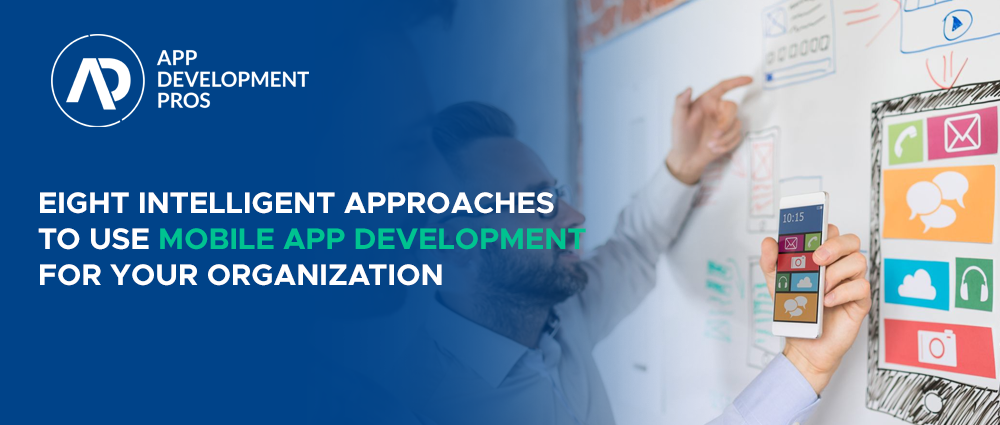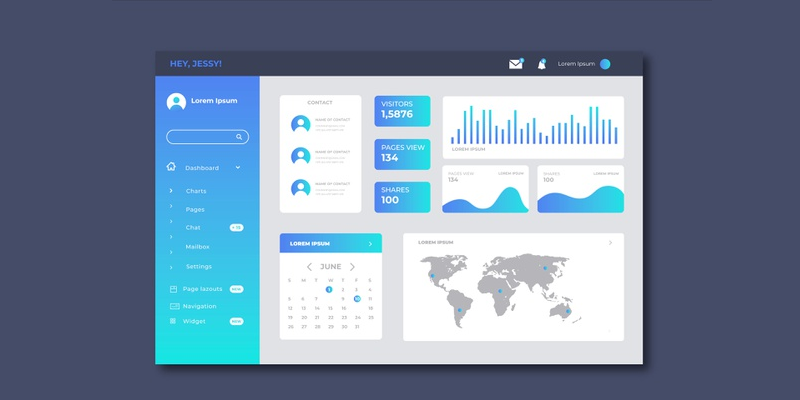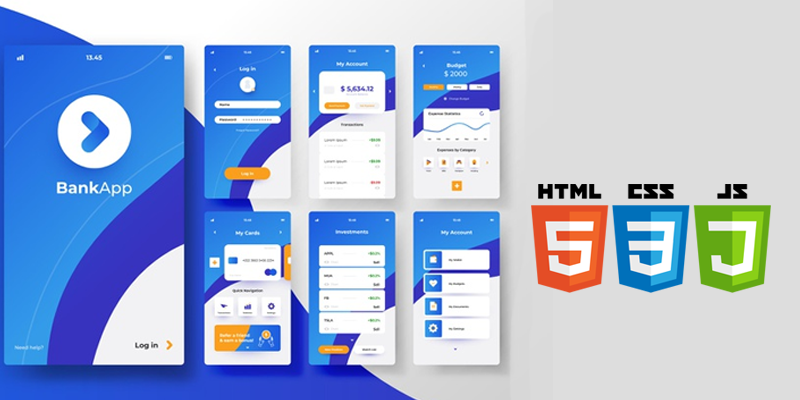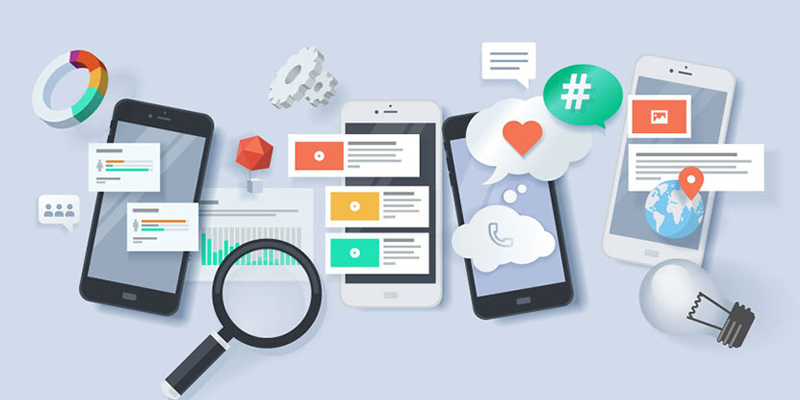Eight Intelligent Approaches To Use Mobile App Development For Your Organization

May 28 , 2021 Posted by Admin
Mobile apps have become a necessary part of every small or big organization worldwide. Numerous companies invest their money and time in developing apps for their business. These apps provide a sense of convenience for their users and make their lives easier. The rate of mobile users is increasing day by day, which indicates the enormous demand and value of smartphone applications for customers. Not many companies can afford in-house departments for mobile app development, so they hire third-party app development services.
Due to the bursting popularity and demand for smartphones among customers of all ages, the trend for mobile application development has tremendously increased. It has become part and parcel of commercial businesses in the United States and worldwide. The high rate of revenue is the core reason for the transition from desktop computing to mobile app technology. The use of mobile-based technologies eases the purpose of smartphone apps from conception to creation. Today’s mobile phones are well-equipped with the latest technologies of GPS, Bluetooth, and sensor cameras.
Here are the eight genius approaches to use mobile app development for your organization:
Beginning With An Ideation

It is the initial intelligence approach to make a plan of investing in mobile app development. You need to consider carefully whether your organization needs apps for your business. Think deeply and use your idea smartly to start with a functional mobile app that supports individuals and organizations. Analyze the factors why your business needs mobile applications and what purpose they serve in the profitability of a company.
Choosing The Categories Of Mobile Applications

Unlike the desktop, smartphone applications use many frameworks and coding languages. All these frameworks and programming work on operating systems such as iOS and Android. Using these OS platforms has standardized the level of mobile app services for businesses. Developers can work on Windows and Blackberry platforms as well.
Native Mobile Apps

Native apps are built for an exclusive platform of iOS or Android. They support all programming languages and advanced development tools. An iPhone operating system (iOS) works with Xcode and Objective C. Similarly, the Android system works with Java technologies. Native applications are ideal to utilize the maximum potential of mobile phone devices. They can be integrated with the Internet of Things, smart gadgets, and wearable app devices.
Web Apps

These apps are based on universal web standards and use high-end technologies like HTML 5, CSS, and JavaScript. Web apps are top-rated for the Wora approach. It refers to writing for one time and running any time, anywhere. This means a single responsive web application can be accessed on multiple platforms and screen sizes. Due to their compatibility with devices, they provide excellent functionality and usability to customers.
Hybrid Apps

These applications are known for their mix of native and web apps. Built with HTML, CSS, and JavaScript, these apps can be run and deployed on any platform. They use a single code base for all devices. The real-life examples of hybrid applications are ionic, phone gap, react native, and frame 7.
Designing And Development

They are the primary elements of designing and coding mobile applications. They use front-end (client-side), back-end (server-side), databases, and distributed server computing to build and support robust mobile apps for businesses and customers. The front end uses a stylish user-in-interface design to attract customers. It offers an easy and intuitive navigation design to ensure a smooth and seamless flow of user experience.
Testing and Debugging

The process of testing plays a crucial role in evaluating the quality and functionality of apps before they are released into the market. During the testing phase, alpha and beta versions of apps are executed to identify any potential errors or bugs. Once these issues are fixed, the app is ready for its final release and can be available to customers.
Launching And Marketing Of Apps

It is a launching phase of mobile apps, where apps are introduced to the public and sold on marketplaces like Google, Apple, and Amazon. In the marketing phase, apps are marketed on different social media platforms and allowed to be installed and downloaded on Android and iOS.
Marketers can use ASO and SEO to rank apps on Google Play and Apple Stores, increasing traffic and ROI conversion.
Conclusion
These are some effective strategies to employ in mobile app development for your organization. Numerous businesses invest capital in using apps for utility, productivity, enterprise resource planning (ERP), and customer relationship management (CRM) applications for their operations. Organizations can optimize workflow and boost employee performance with these apps from a reputable mobile app development company.
Also Read: Hybrid Apps And Why They’ll Be Big
Services

We at App Development Pros, a renowned mobile app development company, are like superheroes of the smartphone app world! We provide digital opportunities in the mobile app design form and help you turn fantastic ideas into powerful mobile apps for your business needs. Our top-notch app development services build the perfect mobile applications for your needs by working closely with you, making us one of the USA's best mobile app development companies.
2026 (c) App Development Pros - Privacy Policy - All Rights Reserved



































Leave a Reply